What are the impacts of the COVID-19 pandemic on education in Uganda?
COVID-19 is a contagious disease caused by a virus known as severe acute respiratory Syndrome coronavirus 2(SARS -CoV- 2). Coronaviruses are a family of viruses that can cause illnesses such as the common cold, severe acute respiratory Syndrome (SARS), and Middle East Respiratory Syndrome (MERS).
The viruses are named after their appearance: corona means crown. The virus’s outer layers as seen above are covered with spike proteins that surround them like a crown. The coronavirus that causes COVID-19 is related to the one that caused the 2003 Severe acute respiratory Syndrome.COVID-19 was first identified amid an outbreak of respiratory illness cases in Wuhan City, Huber Province, China. In December 2019, it was then reported to the World Health Organization (WHO) which declared it a global health emergency on January 30th, 2020, and on March 11th, 2020, the WHO declared it a global pandemic. The WHO termed COVID-19 an acronym derived from coronavirus disease 2019. This was so in order to avoid the stigmatization of the virus’s origins in terms of population, geography, or animal associations. The symptoms of COVID-19 are fever, cough, headache, fatigue, breathing difficulties, and loss of smell and taste with complications such as pneumonia, kidney failure, respiratory failure, pulmonary fibrosis, sepsis, and long COVID. It is transmitted when infectious particles come into contact with the eyes, nose, or mouth and through inhalation of the infectious particles. The usual onset is said to be 1 to 14 days after exposure to the virus.
According to the World Health Organization, Uganda is said to have registered 170,775 cases of COVID-19 with 3,626 death cases of the disease between 3 Jan.2020 – 14th June 2023.
Uganda spent 22 months in lockdown due to COVID-19 and the impact was deep on education.
In my interview with Mr.Mukwana Oscar an Agriculture teacher in one of the secondary schools in Uganda, he said, he didn’t understand all about COVID-19 not until he felt its impact and that was in 2020 when all learning institutions were closed and everything was at a standstill. Though online classes through Zoom and WhatsApp were adopted by the school, It was hard for him to reach all his learners so as to continue lessons with them as the environment from home could not be amicable for some of them to learn easily due to different interruptions, some lacked access to the internet in terms of gadgets and data due to financial hurdles as not all are from well to do families and as a matter of fact he only managed to reach 10% of his agriculture students amidst the COVID-19 pandemic and this was through phone calls and social media platforms especially WhatsApp and zoom during class discussions. The online classes were not fully efficient as there was limited interaction between students and teachers and with the education system of Uganda where the use of gadgets is yet for only the well-to-do schools and those that have adopted the international curriculum, most students are tuned to the physical appearance of a teacher before them and others ended up letting go of the online classes. Due to this, teachers are left with the burden of doing 2 classes’ work coverage as most students were automatically promoted without finishing up of the previous class’ workload and also to pick up those who didn’t manage to join the online classes. In other words, almost all topics for the previous and current classes have to be repeated to ensure all students are at the same pace, and in Uganda where we have candidate classes for Primary seven, form four, and form six, time really becomes less for both teachers and students as gaps in academics in terms of lesson coverage due to the pandemic have to be filled in the one year, especially for those promoted to the candidate classes.
In a further discussion with him, Mr. Oscar opened up about his dilemma in terms of raising money for rent amidst the COVID-19 pandemic as schools were closed and he had no other source of income, worst of it also the little cash he had was always being spent on feeding without any other cash inflow. He said this was a tough moment for him as he had to look for all possible means of survival with his family and the entire experience of the pandemic psychologically affected him. However, on the other hand, he said he also learned lessons from the disadvantaged situation this is to say; having various sources of income and thorough planning.
In another interview with Shafigah a student in form five, who expressed her experience of the COVID-19 pandemic as being challenging in that she lost hope as nobody could tell what would happen next and all were at the mercy of God. Though her teachers created WhatsApp discussion groups to keep them learning by sending them reading materials and her parents were supportive in ensuring that she gets the materials downloaded by providing her with data, she says online classes were by themselves disruptive. She further narrated that as one would be reading the materials sent by teachers or discussing, all of a sudden a message from a friend would pop in from other social media platforms like Facebook, Twitter, and even WhatsApp itself and it would be hard to hesitate to reply it so by the time one is done with chatting, fellow students in the discussion group have already moved further with the work and at times it would be hard to catch up with them. Amidst the COVID-19 pandemic, Shafigah learned that it is good to plan ahead and to also invest in especially farming as some people starved due to the closure of their working places, and neither did they have farms to feed from.
COVID-19 did not only affect the secondary learners but also the primary section as well.
A primary five pupil Twinomujuni Elisha. K at His Grace Junior School Bweyale Town Council, Kiryandongo District said it was his first time experiencing such a disease. He neither understood the term COVID-19 nor lockdown not until an elder sister explained the two to him that he became acquainted with the dos and don’ts of the pandemic such as washing hands with clean water and soap, use of sanitizers, face masks and no touching of eyes, nose, mouth among others respectively. Elisha hardly heard from his teachers and friends during the COVID-19 pandemic since his school did not organize any criteria for meeting them whether through WhatsApp or other social media platforms and nor was E-learning adopted by the school. He only had the assistance of an elder sister who revised with him every after breakfast for all the time of the pandemic and that was what helped him keep track of his classroom work. However, he still lives in fear any time he hears of a strange disease being talked about as it might be one worse than COVID-19.
Drawing on experiences of the pandemic among learners within the urban and rural areas in the country, those in the rural areas were again badly hit by the pandemic than those in the urban areas who at least had some access to learning materials either through televisions, friends, the E-learning app and others. Amidst the pandemic, teachings for different levels right from kindergarten to secondary were ongoing on different media platforms such as television channels, radio stations, E-learning, and others however, this was only accessible to the well-to-do families and schools, especially in the area of the country with a stable supply of electricity. Though the government of the Republic of Uganda promised to distribute television sets and radios in the different parts of the country to foster learning amidst the pandemic, not all benefitted from it as the service did not reach some parts of the country. A learner in one of the rural areas (Anonymous A) emotionally expressed her experience of the pandemic and said it’s a thing never to be forgotten in life. During the COVID-19 pandemic, her mother’s restaurant business from which they fed and had a living came to hold due to lockdown, and guess what, life became hard to deal with as her mother could no longer meet their basic needs as children. She also never heard from her teachers and nor did she have any access to learning as they are not that a wealthy family that perhaps she would attend lessons from the media platforms not only this, but in her area of residence, electrification is still a challenge. She completely lost hope for studies as even when schools resumed, her mother had to begin afresh the business so as to cater to her school needs. This did not come on time and due to other needs of the family, the first year after the pandemic in 2022, she still had to sit home and help her mother in raising funds that would support her at school come 2023. Also in the process of waiting on a sad note an elder sister who was a class ahead happened to get pregnant and now she is nursing a baby. Learner ( Anonymous A) further said, “Even though I resumed this academic year, I feel uncomfortable at school as I have outgrown my school uniform, and worst of it my friends with whom I was in the same class before the pandemic have moved two classes ahead of me”. This was in a way that they got an automatic promotion after the lockdown and by the fact that she missed the academic year 2022, they moved one other class ahead.
Leaving alone learners drifting in academics due to the pandemic, the career in education among people was also demoralized. Some teachers almost changed to other careers while others completely changed their career path amidst and after the pandemic. Mr. Ogwal Jimmy Kenneth who is a head teacher at Kigumba Intensive Primary School in Kiryandongo District expressed his experience of the pandemic and said the first lockdown in Uganda was like an ambush leaving lots of queries in mind as nothing was certain until the government declared a total lockdown. As a school, they did not organize any teaching criteria amidst the pandemic and with this, Mr. Ogwal Kenneth hardly heard from his learners except a few whom he would meet abruptly sometimes in the trading center and others with whom he communicated through their parents’ contacts. With all this, he said he had to find all possible means of survival with his family and the rest of the people who were under his care and so, it was a survival for the fittest. Mr. Ogwal had to resort to agriculture so as to provide for his dependants which is something he doesn’t regret resolving to date.
In spite of the fact that Mr. Ogwal J. Kenneth resorted to agriculture amidst the pandemic, after the 22-month lockdown he reported back to school. He said he really loved his farm as it was yielding and he almost quit education as a career but because of the passion that he has for it, that alone stood out for him, and the moment schools were resumed, he had to get a caretaker for his farm that he may report back to school and give his very best to his learners.
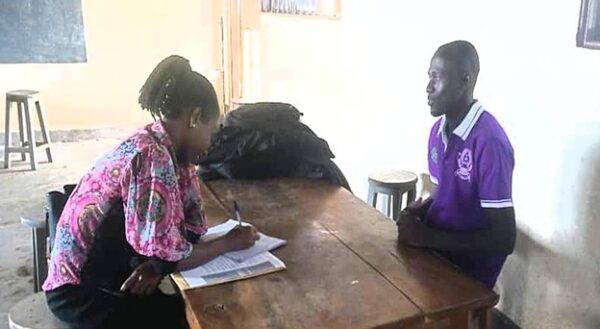
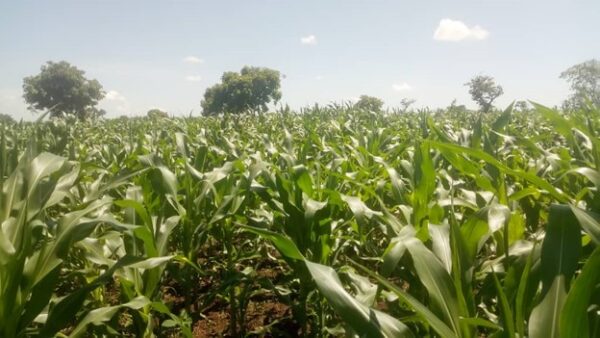
Also before the COVID-19 pandemic, some general health precautions such as thorough washing of hands with clean water and soap, and the use of sanitizers among others were not given heed in most institutions of learning. However, with the evident impact of the pandemic, it has become easier to teach learners even those in kindergartens the value of taking seriously these health precautions. A nurse (anonymous B) in one of the schools said that it was challenging for her to get all learners acquainted with the habit of washing their hands, especially after use of the washrooms and maintaining good hygiene but with the reopening of schools where it was emphasized by the Ministry of Health in conjunction with the Ministry of Education that every school must maintain the SOPs ( Standard Operating Procedures) for a safe learning environment, it has become easier in that the young learners have also coped the norm. Health precautions such as washing hands regularly, not only the latter but also wearing face masks have become the order of the day due to the phobia created by the COVID-19 pandemic and not only that, people have become familiar with face masks and it’s now a normal thing wearing it even after the pandemic. Some people even wear it in places with too much dust to avoid inhalation of the dust. In Uganda, face masks were known to be only used by doctors in the laboratories but with the pandemic, it’s now for everyone which in the long run also helps to fight communicable diseases such as cholera, ebola, influenza, and others. In other words, I believe through the pandemic, we have also learned to take seriously some general health precautions.
The pandemic caught Uganda unprepared without any measure of how to curb the spread, especially in Schools yet still remain a learning focus with the exception of the few Private schools that were able to carry on with learning even amidst the pandemic. The pandemic was a lesson to learn from based on the findings above and I recommend;
Rural electrification in some parts of the country where stable power supply is still a challenge. The provision of television sets as a strategy promised by the government to enable continuous learning was a good idea however, in places where electricity was still a challenge, it made the program fail in those particular areas.
The Ministry of Education and Sports and the government as well should look into adopting an international curriculum where teachers and learners are introduced to and taught how to use gadgets such as computers for teaching and learning purposes through apps such as E-learning. This eases work as the problem of distance as was the case with COVID-19 where social distancing was a must for survival is solved and both parties do not miss out on hearing from each other. This was evident as only a few schools especially those within Kampala were able to continue with their teachings without any hindrances because both learners and teachers are equipped with gadgets and their uses. Personally, I witnessed this as my aunt who teaches in one of the Primary schools within Kampala had progressive lessons with her learners as scheduled by the school and the learners were apt with their work. One may ask oneself what happened to schools that had not adopted nor had the capacity of doing this! The findings can tell.
It is definitely a good thing to have other sources of income rather than relying on one thing. With the closure of schools, it’s evident that our teachers were affected in terms of earnings, especially those that only relied on their monthly salaries from schools. Venturing into other income-generating fields such as agriculture and other businesses would be a great one. However, others saw this amidst the pandemic after experiencing its impact.
Continuous sensitization of the girl child and our community at large on matters pertaining to their physical development and the value of education is paramount. Girl children are quite different from boys in that at certain stages of growth they begin feeling uncomfortable about the changes going on in their bodies. Some girls outgrew their uniforms and this is the point where need motherly figures who are able to advise, encourage and teach these minors that everything going on in their physical body is normal and it’s not a big deal to worry about it. Not neglecting the essence of education all the more as some girls in the rural areas still and even some parents as well think the education of a girl child is a waste of time and resources and opt for marriage as they only look at them as marriage materials.
The impact of the COVID-19 pandemic on education in Uganda was great and these impacts are still being felt to date. This is evidenced by the above findings.
Bibliography.
1.https://theconversation.com/uganda-closed-schools-for-two-years-the-impact-is-deep-and-uneven-176726
2.https://www.theguardian.com/global-development/2021/sep/30/ill-never-go-back-ugandas-schools-at-risk-as-teachers-find-new-work-during-3.Chttps://www.monitor.co.ug/uganda/news/national/schools-may-not-reopen-soon-govt-3533588
4.https://www.bbc.com/news/world-africa-59935605
- Guidelines for Reopening of Education Institutions and Implementation of COVID-19 Standard Operating Procedures (SOPs), Ministry of Education and Sports, Republic of Uganda, December 2021.
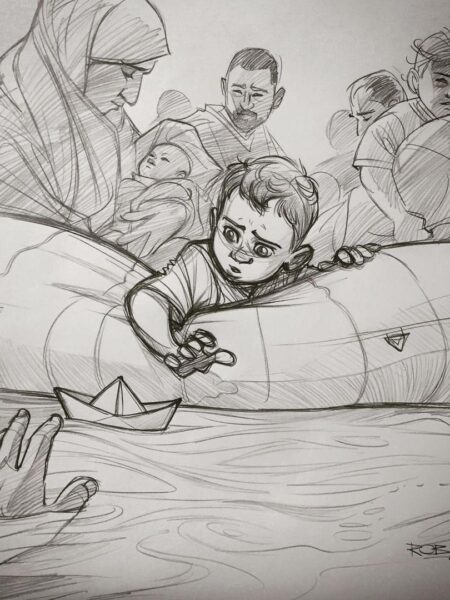
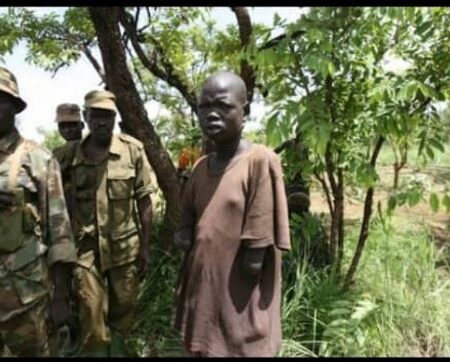

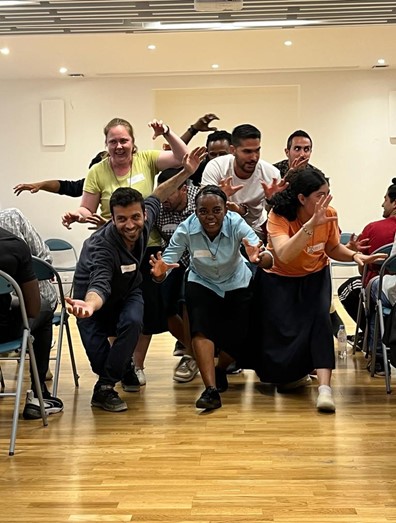


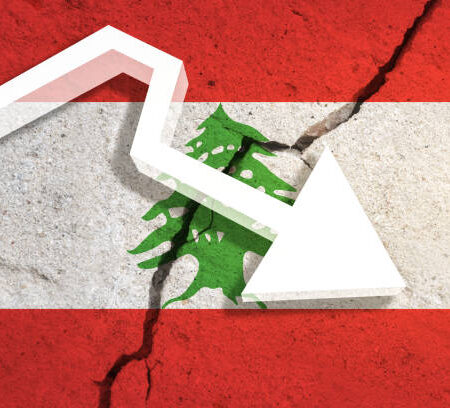
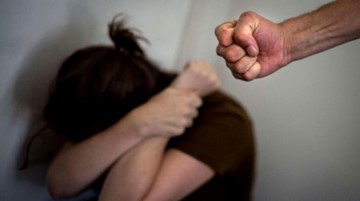

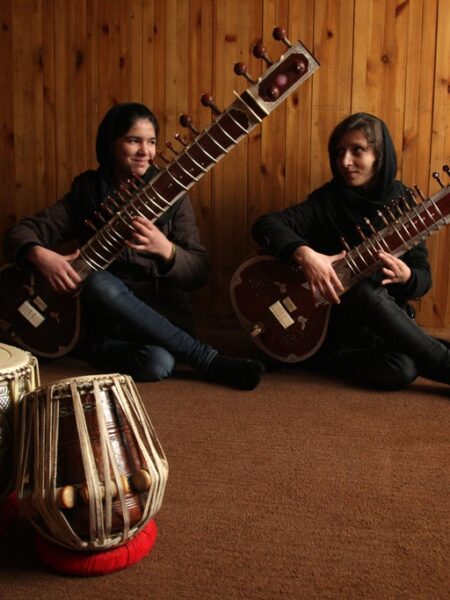

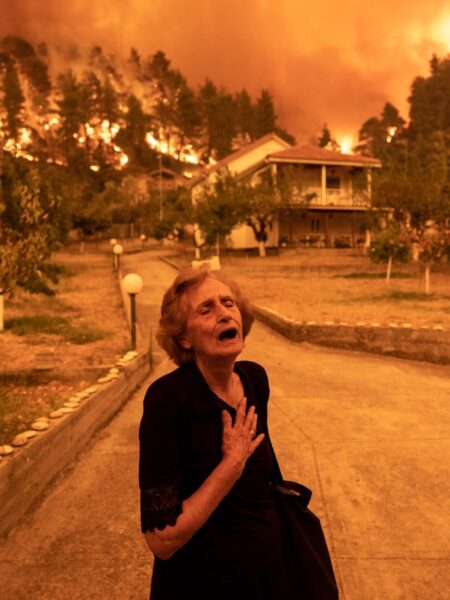



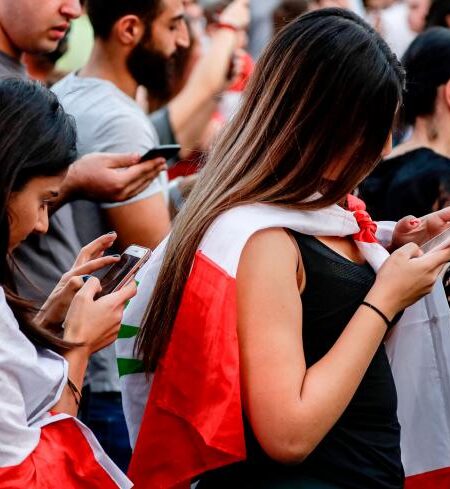


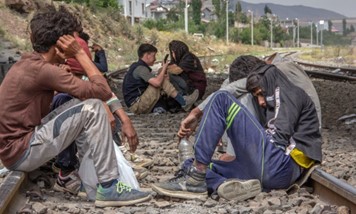


It is well written and it shows reality.